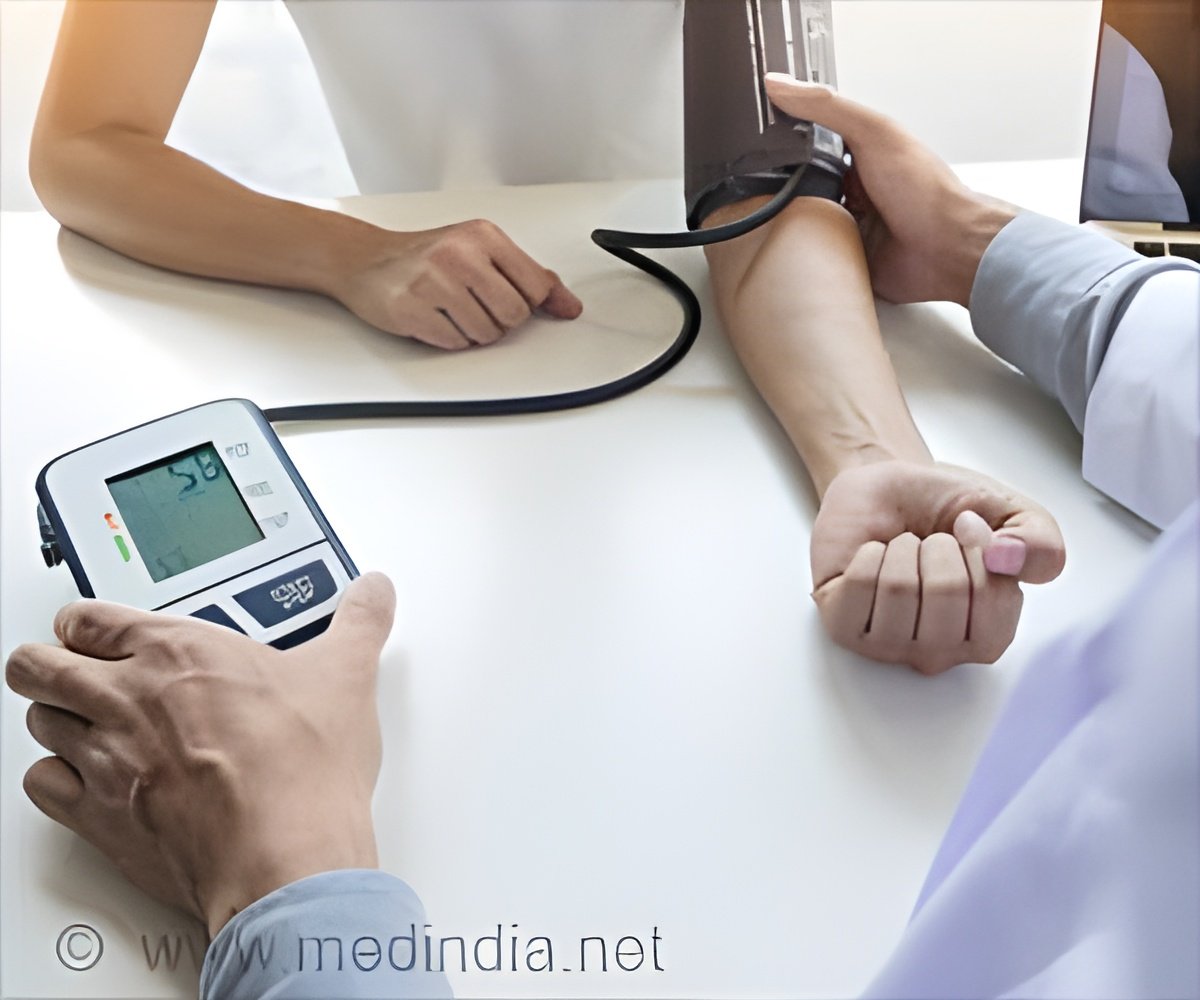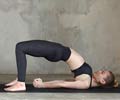Five-minute workout of Inspiratory Muscle Strength Training (IMST) daily can reduce blood pressure, improve vascular health, boost cognitive function and fitness, finds a new study.

‘Inspiratory Muscle Strength Training (IMST) for 5-minutes daily can lower blood pressure as much as aerobic exercise and more than some medicines.’
Read More..




Preliminary results from a clinical trial of Inspiratory Muscle Strength Training (IMST), presented this week at the Experimental Biology conference in Orlando, suggest "yes."Read More..
"IMST is basically strength-training for the muscles you breathe in with," said Daniel Craighead, a postdoctoral researcher in the University of Colorado Boulder Integrative Physiology department who is leading the study. "It's something you can do quickly in your home or office, without having to change your clothes, and so far it looks like it is very beneficial to lower blood pressure and possibly boost cognitive and physical performance."
Developed in the 1980s as a means to wean critically ill people off ventilators, IMST involves breathing in vigorously through a hand-held device an inspiratory muscle trainer which provides resistance. Imagine sucking hard through a straw which sucks back.
During early use in patients with lung diseases, patients performed a 30-minute, low-resistance regimen daily to boost their lung capacity. But in 2016, University of Arizona researchers published results from a trial to see if just 30 inhalations per day with greater resistance might help sufferers of obstructive sleep apnea, who tend to have weak breathing muscles.
In addition to more restful sleep, subjects showed an unexpected side effect after six weeks: Their systolic blood pressure plummeted by 12 millimeters of mercury. That's about twice as much of a decrease as aerobic exercise can yield and more than many medications deliver. "That's when we got interested," said principal investigator Professor Doug Seals, director of CU Boulder's Integrative Physiology of Aging Laboratory.
Advertisement
While 30 minutes per day of aerobic exercise has clearly been shown to lower blood pressure, only about 5 percent of adults meet that minimum. Meanwhile, 65 percent of mid-life adults have high systolic blood pressure.
Advertisement
Craighead presented preliminary results Sunday and Monday at Experimental Biology 2019 showing that:
With about half the tests done, the researchers have found significant drops in blood pressure and improvements in large-artery function among those who performed IMST with no changes in those who used a sham breathing device that delivered low-resistance.
The IMST group is also performing better on certain cognitive and memory tests.
When asked to exercise to exhaustion, they were also able to stay on the treadmill longer and keep their heart rate and oxygen consumption lower during exercise.
Some cyclists and runners have already begun to use commercially-available inspiratory muscle trainers to gain a competitive edge.
But Seals and Craighead stress that their findings are preliminary and curious individuals should ask their doctor before considering IMST.
That said, with a high compliance rate (fewer than 10 percent of study participants drop out) and no real side-effects, they're optimistic.
"High blood pressure is a major risk factor for cardiovascular disease, which is the number one cause of death in America," said Craighead. "Having another option in the toolbox to help prevent it would be a real victory."
Source-Eurekalert















